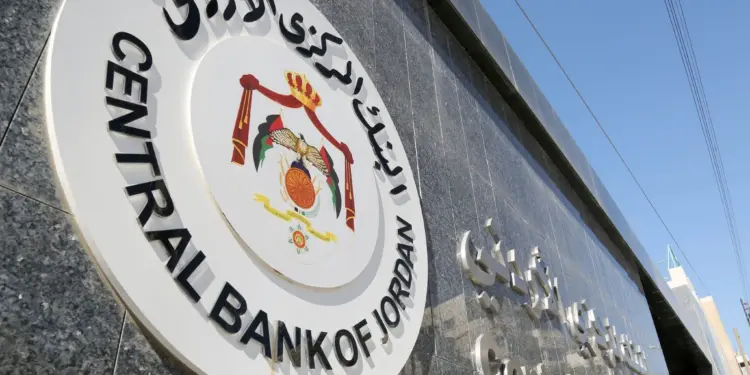In a move reflecting the monetary and economic stability of the Hashemite Kingdom of Jordan, the Central Bank of Jordan announced today that the country’s total foreign reserves reached $22.763 billion by the end of May 2025. This figure marks a slight increase compared to previous months, demonstrating the kingdom’s ability to maintain stable foreign reserves despite regional and global economic challenges.
In its statement, the central bank noted that this level of foreign reserves is sufficient to cover Jordan’s imports of goods and services for approximately nine months—a positive indicator of the robustness of Jordan’s financial position. The bank also highlighted that the value of gold reserves stood at around $7.760 billion by the end of May, with holdings of 2.345 million ounces. This reflects the bank’s policy of diversifying its assets to strengthen monetary stability.
These figures come at a time when Jordan is working to mitigate economic pressures from external factors, including rising global energy prices, financial market fluctuations, and the ongoing impact of regional developments. In this context, foreign reserves serve as a critical defense mechanism, enhancing the kingdom’s ability to manage financial shocks and maintain the stability of the Jordanian dinar’s exchange rate against foreign currencies.
The central bank emphasized that comfortable reserves allow it to positively influence exchange rates and foster a stable economic environment, thereby boosting confidence among foreign investors and creditors. Jordanian authorities place high importance on maintaining these reserves through prudent monetary policies, continued efforts to attract foreign investment, and the promotion of Jordanian exports—one of the kingdom’s key sources of foreign currency.
It is worth noting that Jordan relies on several sectors to secure foreign currency, with remittances from Jordanians abroad being a primary contributor to foreign reserves, alongside industrial exports and the tourism sector. Additionally, free trade agreements between Jordan and multiple countries play a vital role in enhancing the competitiveness of Jordanian products in international markets.
The Jordanian government, in coordination with the central bank, continues to implement necessary economic reforms to sustain foreign reserve levels, ensuring financial sustainability and fostering economic growth in the country.







